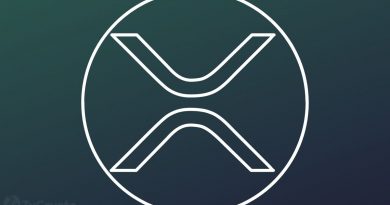Eth2 devs put out call to community to help test out the Merge
Ethereum (ETH) developers have put out a call to the community to help test the long awaited Merge between the Ethereum Mainnet and the proof-of-stake (PoS) based Beacon Chain.
The Merge is a major milestone towards the transition to Eth2 as it will see the Ethereum network become a PoS blockchain, decreasing its energy consumption by 99%.
On Nov. 29 Ethereum developer Marius van der Wijden announced a new program to get the community involved in Merge testing that caters to three tiers: non-technical users, developers with limited experience in blockchain and highly technical and experienced blockchain developers.
For non-technical users the self-guided program provides them tasks such as setting up consensus layer clients, reporting failures and sending transactions.
For technical users, they can select objectives such as running their own validators, deploying and testing contracts and setting up their own testnets, while highly technically users can review the spec, propose invalid blocks and splittin the network by voting on invalid blocks.
The program calls on all participants to document as much of their work as possible and share it online under the “TestingTheMerge” hashtag on Twitter. Wijden has also pointed the community towards the Ethereum R&D discord channel to maintain communication throughout the testing program.
“The program is not compensated, but if you find a critical bug (consensus issue/panic), I’ll buy you a beverage of your choice at the next DevCon!” Wijden teased in the program outline.
Related: Even with Ethereum 2.0 underway, L2 scaling is still key to DeFi’s future
According to the Eth2 page on Ethereum.org, The Merge with the Beacon Chain is set to officially complete by Q1 or Q2 of 2022. The Merge is seen as the final chapter in the blockchain’s evolution to PoS consensus, however there is still more work to do before the transition to ETH 2.0 and sharding is complete.
The final piece of the puzzle is the Shard chains upgrade slated for late 2022 (AKA ‘sharding’), which will see the network’s load spread across 64 new chains to help the network scale its capabilities in a decentralized manner, with the aim of ramping up transactions per second and bringing down gas fees in the process.
Source: Read Full Article

